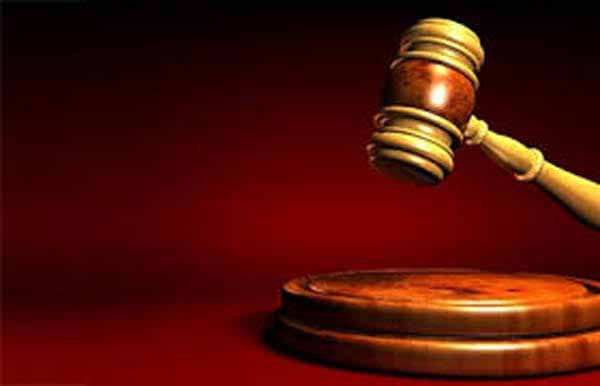DELHI/SHIMLA: In a Landmark judgment, a five-judge Constitution Bench of Supreme Court of India on March 2 directed the Centre that the appointment of Members of Election Commission should be done on the advice of a committee. This committee would be comprised of the Prime Minister, Chief Justice of India and the Leader of Opposition (or the leader of single largest opposition party) in the Lok Sabha, revealed the ADR.
The five-judge Constitution Bench comprising Justices KM Joseph, Ajay Rastogi, Aniruddha Bose, Hrishikesh Roy and CT Ravikumar gave this judgment in a petition filed by Association for Democratic Reforms (ADR).
According to ADR release issued today to media countrywide, the bench ruled that there is a lacuna in law relating to the appointment process of Members of Election Commission.
Therefore, “any process that seeks to improve the election process before this Court must be considered”. Through its judgment", the Bench observed.
"The Election Commissioners will be appointed by the President of India on the advice of a committee consisting of the Prime Minister, and leader of Opposition in Lok Sabha, or leader of largest opposition party in cases where there is not enough numerical strength for a leader of opposition, and the Chief Justice of India.”
Through its petition, ADR had challenged the constitutional validity of the practice of appointment of Election Commissioners and had asserted that such an appointment process done solely by the executive not only weakens the institutional apparatus, but also poses a threat to “Democracy, Free and Fair elections and Rule of Law”.
ADR had requested to insulate the Election Commission of India from political and executive interference. This can be done by constituting a neutral and independent collegium/selection committee to recommend the names for appointment on the vacant post of the members of the Election Commission on the lines of the recommendations of Law Commission in its 255th Report of March 2015.
Second Administrative Reform Commission in its fourth Report of January 2007; Dr. Dinesh Goswami Committee in its Report of May 1990; and Justice Tarkunde Committee in its Report of 1975, ADR stated.
The petition was filed by ADR before the Supreme Court on 17th May 2021, and notice was issued to the Union of India and the Election Commission of India on 5th September 2022.
The petition was heard by the Apex Court for three consecutive days on 22nd, 23rd and 24th November, 2022. ADR argued that superintendence, direction and control of elections vested in the Election Commission under Article 324 of the Constitution are paramount.
Therefore, such responsibility should be free from any form of political interference.
Due to the lack of mechanism, eligibility criteria and a well-defined procedure for selection of the Members of the Commission, the integrity and independence of the ECI can't be preserved & strengthened to maintain the public's faith and confidence in the institution.
In one of the hearings, the Supreme Court had also questioned the hasty and tearing hurry in the appointment of Mr Arun Goel by the Govt with file moving at lightning speed, the procedure taking less than 24 hours from start to finish.
In an effort to reform the current practice of appointment of Election Commissioners, ADR had contended that “to uphold democracy and purity of elections, the responsibility to hold free and fair elections in the country should be entrusted to an independent body which would be insulated from political and/or executive interference.”
"This is a very positive and progressive decision by the Supreme Court". I
"It is hoped that this will restore the credibility of the Election Commission and will lead to the Commission taking independent and non-partisan decisions in the future", ADR stated.




